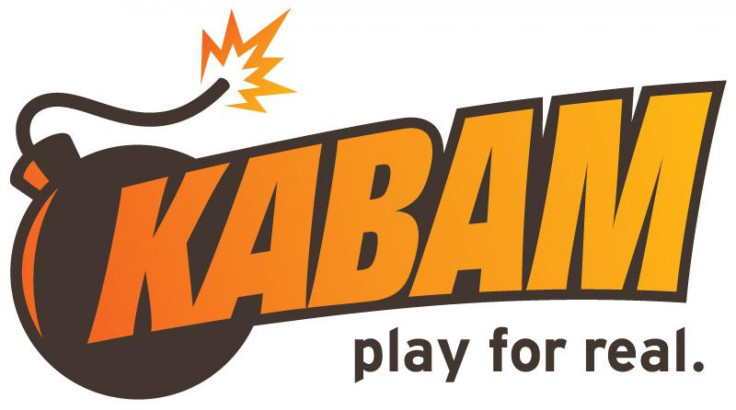Kabam Revenue Grows To $180M In 2012, Breathing New Life Into Freemium Gaming
Social Game Developer Proves That There’s Still Money To Be Made With A Free-to-Play Business Model

Social game developer Kabam announced Monday that it posted more than $180 million in gross revenue in 2012, a 70 percent increase from the previous year. While the privately held company is under no obligation to report its earnings, it said it was now profitable.
This is good news for the up-and-coming free-to-play game developer for two reasons. First, Kabam is widely expected to make its initial public offering within the next two years, meaning its revenue growth establishes it as a formidable candidate.
Secondly, by becoming profitable in a year that saw the social gaming giant Zynga (Nasdaq: ZNGA) flounder in the immediate aftermath of its own IPO, Kabam could prove itself as the unexpected success story for the struggling video game industry. Indeed, Kabam’s bullish announcement Monday seemed to breathe new life into Zynga’s stock, which jumped 11 percent to $2.77 per share.
“Kabam blew past its plan in 2012,” Kevin Chou, the company’s co-founder and chief executive, said in a statement. “At this time last year we forecast 2012 revenue to grow by 30 percent to 40 percent. Because of our team’s focus on strategic growth across diverse game genres and platforms, including mobile and the Web, we exceeded our own expectations and entered 2013 with an annualized run rate in excess of $200 million.”
“We have built what is now well more than a $100 million-plus annualized mobile business in less than one year with a slate of exciting new games across multiple genres,” Chou added.
Even better for the San Francisco-based company was the fact that most of its revenue came from its mobile games in 2012. Like Zynga, Kabam got its start as a game developer by working exclusively on Facebook’s (Nasdaq: FB) massive social network -- drawing all of its revenue from its Facebook apps in 2011. By creating an independent mobile ecosystem for its games, Kabam avoids the risk of tethering itself to Facebook alone, another mistake that Zynga admitted it should have avoided.
In its statement Monday, Kabam said only about 30 percent of its revenue in 2012 came from Facebook, the rest coming from partner websites and mobile devices. Its iPhone game “Kingdoms of Camelot: Battle for the North” was even featured in Apple’s (Nasdaq: AAPL) list of highest-grossing mobile apps for 2012. Seven of its games grossed more than $1 million a month in 2012, the company said.
“Kabam achieved an enviable list of key financial milestones in 2012,” chief financial officer Steven Klei said in a statement. “Complementing our growth was an equally impressive improvement in margins, resulting in a profitable 2012. And because Kabam’s financial model and unit economics are so strong, we expect both continued rapid growth and margin expansion again in 2013.”
Like fellow social game developer Kixeye, Kabam makes free-to-play games that manage to eschew the “casual” label by appealing to an audience that is more willing to invest their time and money into their games than, say, the average “FarmVille” player. The company was valued at $500 million after its latest round of fundraising in May 2011, though that estimate precedes Zynga’s IPO.
Still, Kabam said that it has now raised more than $120 million, with $45 million in disposable cash and 500 employees working on some 15 new games in addition to an unannounced new business line. If Kabam performs nearly as well as it said it’s going to today, investors may be ready to give freemium business models another chance.
“Kabam is well positioned to continue its significant investments in growth as we enter 2013 with more than $45 million of cash,” Klei concluded in his statement.
© Copyright IBTimes 2024. All rights reserved.






















